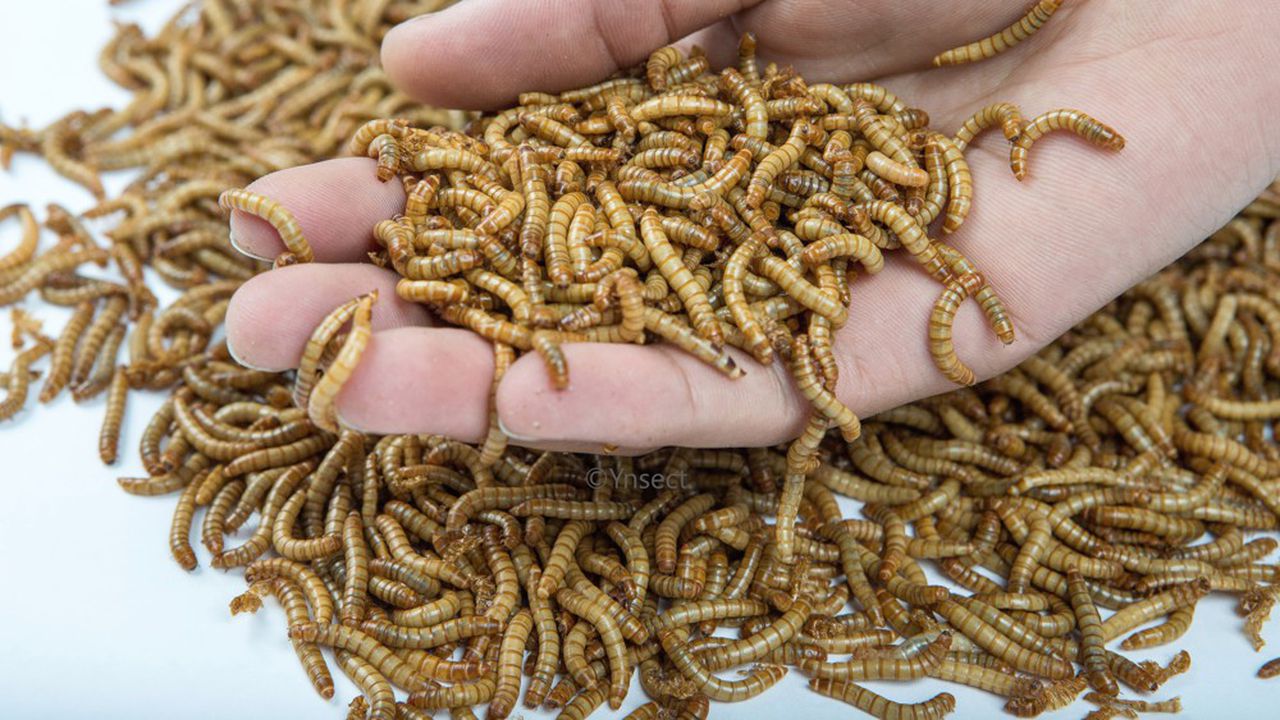Ÿnsect, a Paris-based world leader in natural insect protein production, has just gained approval for its natural insect fertilizer, ŸnFrass, issued by ANSES, the French Agency for Food, Environmental and Occupational Health & Safety. Ÿnsect thus becomes the first company in the world to obtain certification and marketing approval for a natural insect-based fertilizer. The French insect farming startup farms insects to make high-quality, premium natural ingredients for aquaculture and pet nutrition. Ÿnsect earlier raised $125 million in Series C funding in the largest early-stage agtech funding deal on record in Europe. This took the company’s total fundraising to over $160 million since it was founded in 2011.
The ŸnFrass fertiliser is derived from the insect waste – or frass – of the mealworm Tenebrio Molitor which feeds on cereal by-products at Ÿnsect’s factory in Dole, France. The product is the result of four years of research and development between Ÿnsect and several leading research institutions and it can now be used in organic farming in accordance with regulation no. 384/2007. Tests conducted in the fields and greenhouse show a significant increase in biomass and yield on all of the crops tested compared to the use of a 100% chemical fertilizer. In addition, while ensuring the delivery of essential elements for crops, ŸnFrass improves the biological properties of soils. ŸnFrass’s first customers include Compo Group, a European leader in plant nutrition for amateur gardeners and Torres, one of the most admired European wine brands.
ŸnFrass has significant competitive advantages as it offers these multiple value adding properties in a single product: Nutritive elements (ŸnFrass is balanced in nitrogen, phosphorus and potassium (NPK = 4-3-2) for optimal plant nutrition); organic matter (ŸnFrass has an exceptional organic matter content of 85%, perfectly suited for the improvement of the physical, chemical and biological properties of the soil); and optimised format and use: ŸnFrass is a dry product in the form of granules (90% dry matter), odourless and easily transportable. “Since the opening of Ÿnsite, our pilot plant four years ago, Ÿnsect has sought to use the by-products of protein production from Molitor, in particular the insect waste called frass,“ Antoine Hubert, the CEO of Ÿnsect CEO, commented. „The marketing of ŸnFrass products by Ÿnsect is part of a “zero waste” vision using all components of the farmed insect and contributing to a more circular economy. Ÿnsect is committed to becoming a valuable partner to farmers, professional and amateur gardeners and winemakers by offering high-performance natural fertilizers to complete the nutrition cycle.”




